It’s about time: African American history course in the works for FCPS
But there is more Black history than “slavery was bad” and the “I Have a Dream” speech.
In African American history month colors, we ask ourselves, “Why not?”
April 9, 2021
FCPS has established the importance of diversity by promoting multicultural lessons for all grades K-12 and by creating a partnership with AARCH (African American Resource Cultural Heritage Society). Now, the school system needs to go one step further, joining other schools in Maryland and in the United States.
I urge FCPS to take one giant leap and establish an African American History course elective.
FCPS has made great strides when it comes to diversity development. On February 12, FCPS signed a partnership with the AARCH. What this means is that AARCH will be supporting FCPS with development and curriculum materials about African American history so that it can be included more effectively in all grade levels and courses.
Colleen Bernard, Secondary Social Studies Curriculum Specialist and Dr. Eric Louers-Phillips, Supervisor of Accelerating Achievement and Equity discussed how the AARCH-FCPS partnership helps diversity development. “We are also in the beginning processes of developing a high school elective about Black & African American Studies, and working with partners in higher education to provide expanded offerings in our dual enrollment program.”
A specific course will laser focus on the issues minorities experience and validate those students’ perceptions and realities.
Teachers and administrators have different types of lessons and activities that help students think more broadly about the many students they come in contact with. Social Studies teacher Angela Smithhisler has been part of these diversity lessons. “I think it is difficult for teenagers to realize that their words have so much weight for their peers. Saying an offhand joke or nickname can hurt somebody so deeply, but they would probably just laugh it off and pretend they’re not offended. I think if high school students took a diversity training, they would begin to see outside of their own bubble. And I’m not trying to sound coarse, because I myself was in a bubble until I took those trainings. It’s just something that has to come with more training and education.”
Student Voices, a program that includes selected students and a few administrators and teachers from each school to engage in conversation about how we feel about current events, talk about personal experiences, and learn from one another about how to be more open-minded has been a big step in the right direction; however the Covid-19 pandemic stopped that blossoming group in its tracks. And, it involves very few, highly motivated students.
We need to involve all levels and grades in high school.
Now while FCPS has been making good progress, Montgomery County offers Latin American History, Russian History, Middle East History and Eastern Asia History, just to name a few. MCPS is a larger school district with more diversity than FCPS. If MCPS makes it a priority to create global citizens by offering a wide variety of courses that expand student understanding, FCPS can create at least one course.
The hill we climb If only we dare It’s because being American is more than a pride we inherit, it’s the past we step into and how we repair it.
— Amanda Gorman
The course, I imagine, could cover topics like slavery, but not just slavery. It would go more in depth about where these Africans were before being captured and particular famed slaves like Frederick Douglass and Harriet Tubman. The course would then transition to the Civil War and later on, Jim Crow and segregation. Along with it, you don’t just discuss about Dr. Martin Luther King Jr., but others like Malcolm X and Fred Hampton, who most people would unknowingly call “militants.”
But there is more to Black History than “slavery was bad” and the “I Have a Dream” speech.
In 2015-2016, social studies teacher Darren Hornbeck was behind the idea of creating a 9/11 class: a class dedicated to discussing the events that happened, not only on the day of the event, but events that had happened years before and after.
In a Frederick News-Post article, Hornbeck says as he taught classes year to year, students’ memories of 9/11 grew fuzzier, until they couldn’t even recall anything of that day. It’s a similar situation I believe is happening to Black history. A typical person may only remember from Black history that slavery was bad, Martin Luther King Jr., and former President Barack Obama. It’s so disheartening to see that because the history of a people starting from the very bottom of society, becoming entrepreneurs, modern-day activists, and even the president and vice president.
The fact is that African American history is American history, and so by not focusing more on these topics we are missing a large chunk of history from this country.
It may not be pretty or fashionable to say we had slavery and we are still to this day facing racism, but it needs to be studied and explored. A course teaching youth about John Lewis and the Black Panthers helps enrich all, and will now understand why when a police shooting with a Black man or woman takes place, the black community seeks justice and answers.


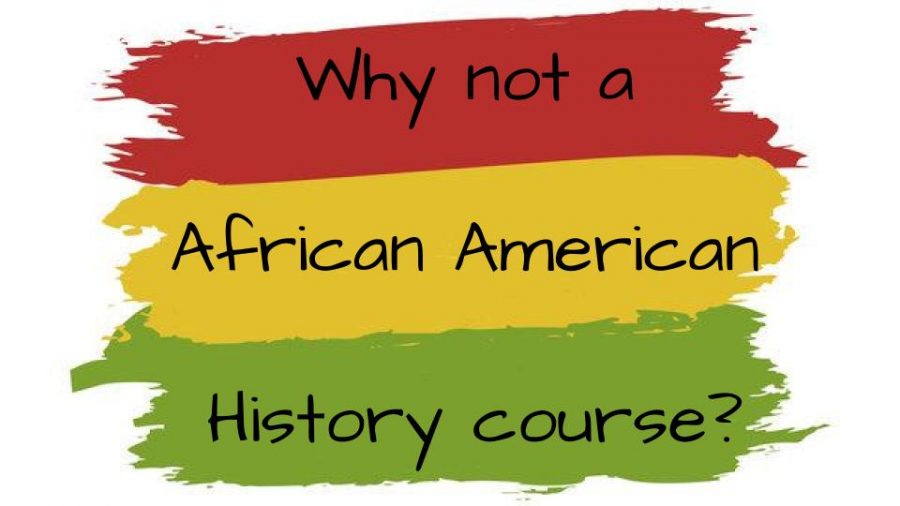

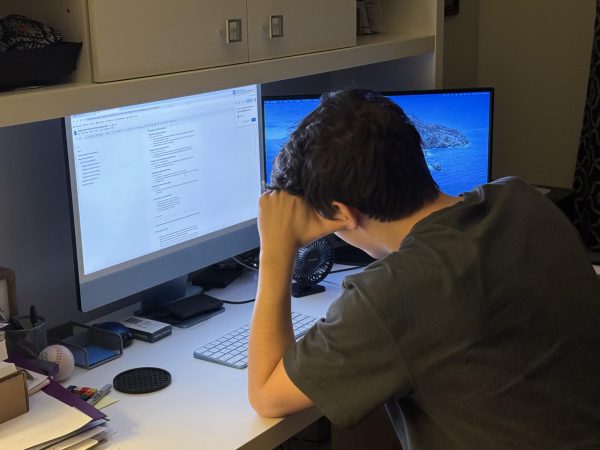

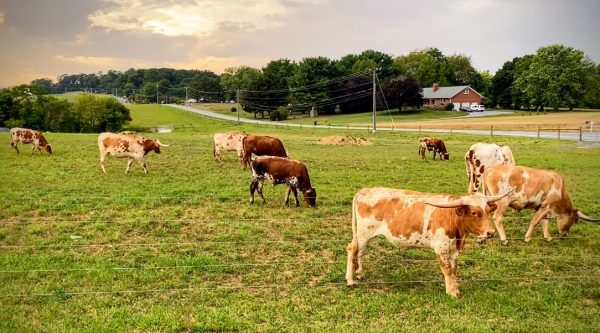

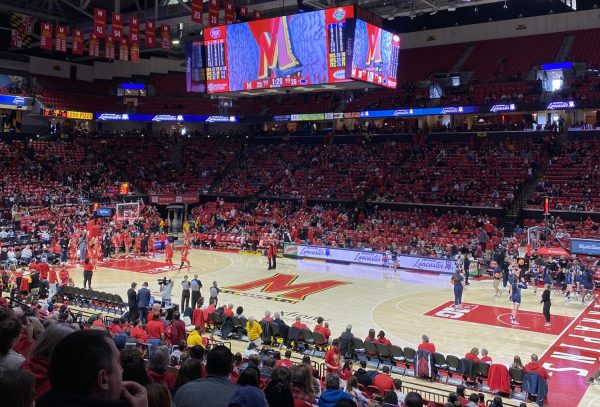

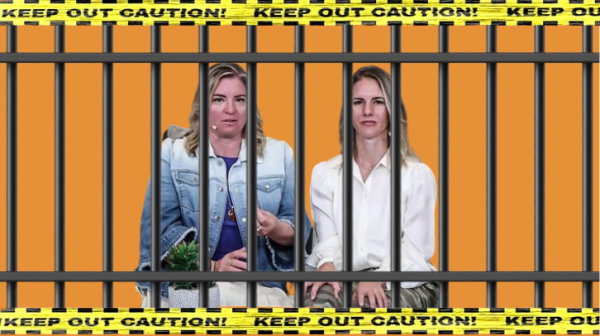
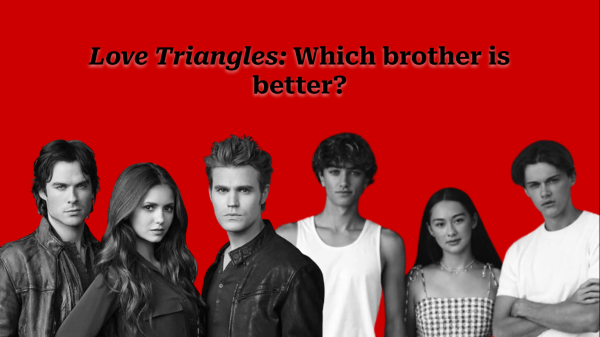
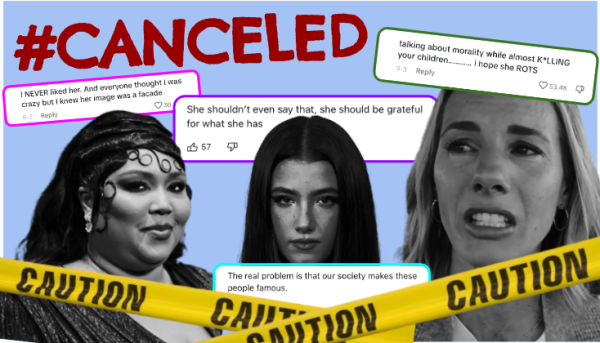

JIM WALLER • Aug 19, 2021 at 5:47 pm
It is natural for people (in general) to show reluctance when they discover a “not so perfect past” which involved many of their forefathers. It is however a bold step forward when we as a nation of diversity face those imperfect historical periods with a true contriteness that unites humanity in a common cause.
Purposeful discussions can advance the knowledge and understanding of most individuals.
It we cannot understand our past (stated collectively) – it is doubtful we can offer much hope of ever improving the future.
Mr. Jim Waller, Thu;19Aug2021